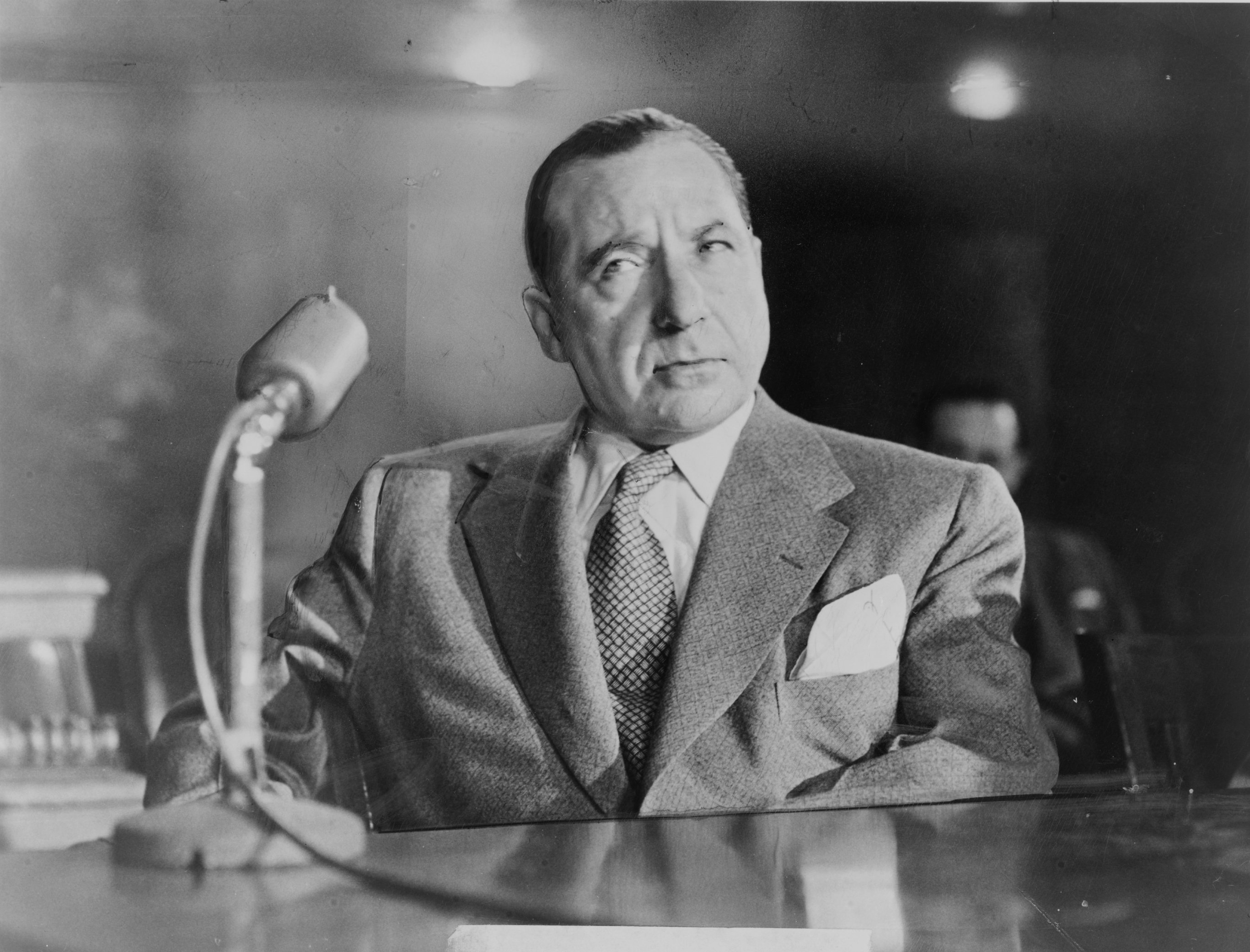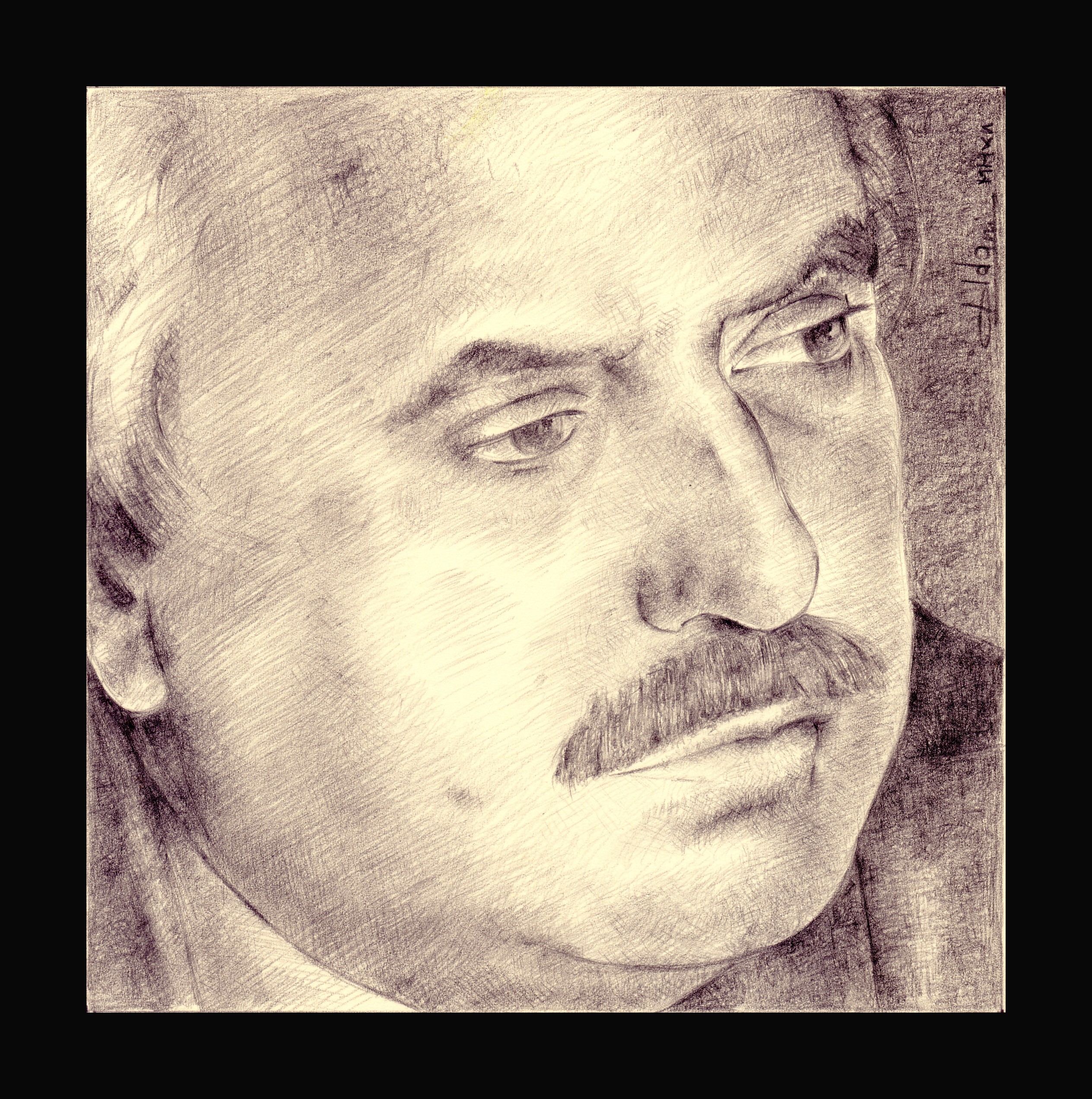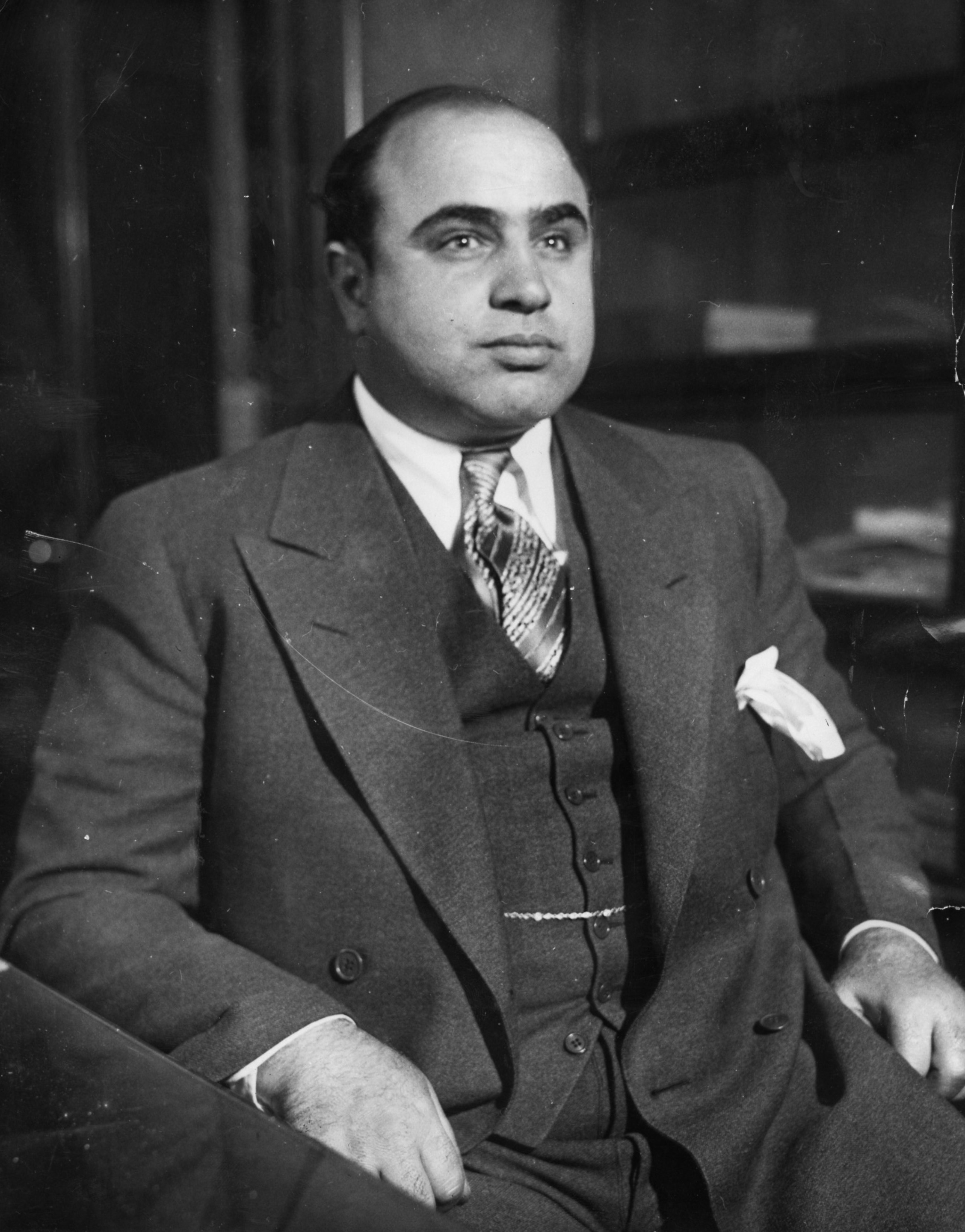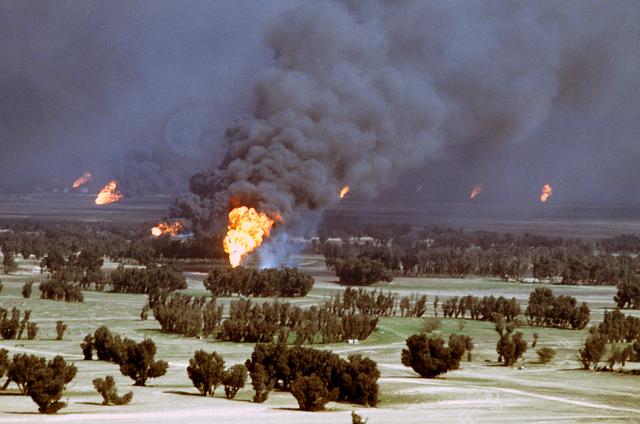|
Salvatore Riina
Salvatore Riina (; 16 November 1930 – 17 November 2017), called (, Totò being the diminutive of Salvatore), was an Italian mobster and chief of the Sicilian Mafia, known for a ruthless murder campaign that reached a peak in the early 1990s with the assassinations of Antimafia Commission prosecutors Giovanni Falcone and Paolo Borsellino, resulting in widespread public outcry and a major crackdown by the authorities. He was also known by the nicknames ''la belva'' ("the beast") and ''il capo dei capi'' (Sicilian: '''u capu di 'i capi'', "the boss of bosses"). Riina succeeded Luciano Leggio as head of the Corleonesi criminal organisation in the mid 1970s and achieved dominance through a campaign of violence, which caused police to target his rivals. Riina had been a fugitive since the late 1960s after he was indicted on a murder charge. He was less vulnerable to law enforcement's reaction to his methods, as the policing removed many of the established chiefs who had traditiona ... [...More Info...] [...Related Items...] OR: [Wikipedia] [Google] [Baidu] |
Capo Dei Capi
''Capo dei capi'' (; "boss of hebosses") or ''capo di tutti i capi'' (; "boss of all hebosses") or ''Godfather'' ( it, Padrino) are terms used mainly by the media, public, fiction writers and law enforcement community to indicate a supremely powerful crime boss in the Sicilian or American Mafia who holds great influence over the whole organization. The term was introduced to the U.S. public by the Kefauver Commission in 1950.De Stefano, ''An Offer We Can't Refuse'', p. 41 American Mafia The title was applied by mobsters to Giuseppe Morello around 1900, according to Nick Gentile.Critchley, ''The Origin of Organized Crime in America: The New York City Mafia, 1891-1931'', p.46 Bosses Joe Masseria (1928–1931) and Salvatore Maranzano (1931) used the title as part of their efforts to centralize control of the Mafia under themselves. When Maranzano won the Castellammarese War, he set himself up as ''boss of all bosses'', created the Five Families and ordered every Mafia family ... [...More Info...] [...Related Items...] OR: [Wikipedia] [Google] [Baidu] |
Corleone
Corleone (; scn, Cunigghiuni or ) is an Italian town and ''comune'' of roughly 11,158 inhabitants in the Metropolitan City of Palermo, in Sicily. Several Mafia bosses have come from Corleone, including Tommy Gagliano, Gaetano Reina, Jack Dragna, Giuseppe Morello, Michele Navarra, Luciano Leggio, Leoluca Bagarella, Salvatore Riina and Bernardo Provenzano. It is also the birthplace of several fictional characters in Mario Puzo's 1969 novel ''The Godfather'', including the eponymous Vito (Andolini) Corleone. The local mafia clan, the Corleonesi, led the Mafia in the 1980s and 1990s, and were the most violent and ruthless group ever to take control of the organization. Corleone municipality has an area of with a population density of 49 inhabitants per square kilometer. It is located in an inland area of the mountain, in the valley between the Rocca di Maschi, the Castello Soprano and the Castello Sottano. Corleone is located at above sea level. History Etymology The etymology ... [...More Info...] [...Related Items...] OR: [Wikipedia] [Google] [Baidu] |
Giovanni Falcone
Giovanni Falcone (; 18 May 1939 – 23 May 1992) was an Italian judge and prosecuting magistrate. From his office in the Palace of Justice in Palermo, Sicily, he spent most of his professional life trying to overthrow the power of the Sicilian Mafia. After a long and distinguished career, culminating in the Maxi Trial in 1986–1987, on 23 May 1992, Falcone was assassinated by the Corleonesi Mafia in the Capaci bombing, on the A29 motorway near the town of Capaci. His life parallels that of his close friend Paolo Borsellino. They both spent their early years in the same neighbourhood in Palermo. Though many of their childhood friends grew up in the Mafia background, both men fought on the other side of the war as prosecuting magistrates.Stille, ''Excellent Cadavers'', pp. 22–27 They were both killed in 1992, a few months apart. In recognition of their tireless effort and sacrifice during the anti-mafia trials, they were both awarded the Gold Medal for Civil Valor and were ack ... [...More Info...] [...Related Items...] OR: [Wikipedia] [Google] [Baidu] |
Crime Boss
A crime boss, also known as a crime lord, Don, gang lord, gang boss, mob boss, kingpin, godfather, crime mentor or criminal mastermind, is a person in charge of a criminal organization. Description A crime boss typically has absolute or nearly absolute control over the other members of the organization and is often greatly feared or respected for their cunning, strategy, and/or ruthlessness and willingness to take lives to exert their influence and profits from the criminal endeavors in which the organization engages.Manning, George A. ''Financial Investigation and Forensic Accounting.'' Boca Raton, Fla.: CRC Press, 2005. Some groups may only have as little as two ranks (a crime boss and their soldiers). Other groups have a more complex, structured organization with many ranks, and structure may vary with cultural background. Organized crime enterprises originating in Sicily differ in structure from those in mainland Italy. American groups may be structured differently from ... [...More Info...] [...Related Items...] OR: [Wikipedia] [Google] [Baidu] |
Michele Navarra
Michele Navarra (; 5 January 1905 – 2 August 1958) was an Italian member of the Sicilian Mafia. He was a qualified physician and headed the Mafia family from the town of Corleone in Sicily. He was known as '''u patri nostru'' (our father). Early career Navarra was born in the Sicilian town of Corleone in a middle class family; his father was a small landowner, a land surveyor and teacher at the local agrarian school. His uncle from his mother’s side, Angelo Gagliano, had been a member of the ''Fratuzzi'', as the local Mafia was known at the time and which consisted mainly of '' gabellotti'', local power brokers that leased large estates from absentee landlords, and subleased plots to peasants at excessive or abusive rates. He was killed in 1930.«Fratuzzi», a ... [...More Info...] [...Related Items...] OR: [Wikipedia] [Google] [Baidu] |
List Of Italian Mafia Crime Families
This is a list of Italian organized crime groups around the world. This list does not include all groups, clans or families identified as Cosa Nostra (Mafia crime families). This list does not include all Camorra, 'Ndrangheta or Sacra Corona Unita clans (''"crime families"''). Italy In Italy there are many different Mafia-like organizations. Veneto *In the ''Region of Veneto'' the Mala del Brenta operate in the area. Lombardy *In the ''Region of Lombardy'' the defunct Banda della Comasina operated in the area. Lazio *In the ''Region of Lazio'' the Banda della Magliana and the Mafia Capitale operate in the area. Basilicata *In the ''Region of Basilicata'' the defunct Basilischi operated in the area. Apulia *In the ''Region of Apulia'' the Sacra Corona Unita clans control the area. Calabria *In the ''Region of Calabria'' the 'Ndrangheta clans control the area. Campania *In the ''Region of Campania'' the Camorra clans control the area. Sicily *In the ''Region of Sicily'' the ... [...More Info...] [...Related Items...] OR: [Wikipedia] [Google] [Baidu] |
Province Of Palermo
The Province of Palermo ( it, provincia di Palermo; Sicilian: ''pruvincia di Palermu'') was a province in the autonomous region of Sicily, a major island in Southern Italy. Its capital was the city of Palermo. On 4 August 2015, it was replaced by the Metropolitan City of Palermo. History and location Its name is derived from Latin word "Panormus". From 1072 to 1194 Palermo was the capital of the Kingdom of Sicily before Naples became the new capital under the rule of the French Angevin dynasty. It has also been ruled by the Romans, Byzantines, Normans, Arabs, Spanish Empire and Americans (during part of W.W. II). Historical accounts recording the existence of the province date back to the 8th and 6th century B.C. The province is surrounded by Tyrrhenian Sea in the north, Province of Trapani in the west, the provinces of Agrigento and Caltanissetta in the south, Enna in the southeast and Messina in the east. It is popular for its beaches, namely Mondello. The land is mountain ... [...More Info...] [...Related Items...] OR: [Wikipedia] [Google] [Baidu] |
Article 41-bis Prison Regime
In Italian law, Article 41-bis of the Prison Administration Act, also known as carcere duro ("hard prison regime"), is a provision that allows the Minister of Justice or the Minister of the Interior to suspend certain prison regulations. Currently it is used against people imprisoned for particular crimes: Mafia-type association under 416-bis (''Associazione di tipo mafioso''), drug trafficking, homicide, aggravated robbery and extortion, kidnapping, terrorism, and attempting to subvert the constitutional system.Long Distance Proceedings Through Videoconference: The Italian Experience , Ministry of Justice (Italy) at the Tenth |
Trial In Absentia
Trial in absentia is a criminal proceeding in a court of law in which the person who is subject to it is not physically present at those proceedings. is Latin for "in (the) absence". Its meaning varies by jurisdiction and legal system. In common law legal systems, the phrase is more than a spatial description. In these systems, it suggests a recognition of a violation to a defendant's right to be present in court proceedings in a criminal trial. Conviction in a trial in which a defendant is not present to answer the charges is held to be a violation of natural justice. Specifically, it violates the second principle of natural justice, (hear the other party). In some civil law legal systems, such as that of Italy, is a recognized and accepted defensive strategy. Such trials may require the presence of the defendant's lawyer, depending on the country. Europe Member states of the Council of Europe that are party to the European Convention on Human Rights are bound to adher ... [...More Info...] [...Related Items...] OR: [Wikipedia] [Google] [Baidu] |
Maxi Trial
The Maxi Trial ( it, Maxiprocesso) was a criminal trial against the Sicilian Mafia that took place in Palermo, Sicily. The trial lasted from 10 February 1986 (the first day of the Corte d'Assise) to 30 January 1992 (the final day of the Supreme Court of Cassation), and was held in a bunker-style courthouse specially constructed for this purpose inside the walls of the Ucciardone prison. Sicilian prosecutors indicted 475 mafiosi for a multitude of crimes relating to Mafia activities, based primarily on testimonies given as evidence from former Mafia bosses turned informants, known as ''pentiti'', in particular Tommaso Buscetta and Salvatore Contorno. Most were convicted, 338 people, sentenced to a total of 2,665 years, not including life sentences handed to 19 bosses; the convictions were upheld on 30 January 1992 by the Supreme Court of Italy, after the final stage of appeal. The importance of the trial was that the existence of Cosa Nostra was finally judicially confirmed. [...More Info...] [...Related Items...] OR: [Wikipedia] [Google] [Baidu] |
Scorched-earth
A scorched-earth policy is a military strategy that aims to destroy anything that might be useful to the enemy. Any assets that could be used by the enemy may be targeted, which usually includes obvious weapons, transport vehicles, communication sites, and industrial resources. However, anything useful to the advancing enemy may be targeted, including food stores and agricultural areas, water sources, and even the local people themselves, though the last has been banned under the 1977 Geneva Conventions. The practice can be carried out by the military in enemy territory or in its own home territory while it is being invaded. It may overlap with, but is not the same as, punitive destruction of the enemy's resources, which is usually done as part of political strategy, rather than operational strategy. Notable historic examples of scorched-earth tactics include William Tecumseh Sherman's March to the Sea in the American Civil War, Kit Carson's subjugation of the America ... [...More Info...] [...Related Items...] OR: [Wikipedia] [Google] [Baidu] |
Giovanni Brusca
Giovanni Brusca (; born 20 February 1957) is an Italian mobster and former member of the Corleonesi clan of the Sicilian Mafia. He had a major role in the 1992 murders of Antimafia Commission prosecutor Giovanni Falcone and businessman Ignazio Salvo, and once stated that he had committed between 100 and 200 murders. Brusca had been sentenced to life imprisonment ''in absentia'' for Mafia association and multiple murder. He was captured in 1996, turned ''pentito'', and his sentence reduced to 26 years in prison. In 2021, Brusca was released from prison. A pudgy, bearded, and unkempt ''mafioso'', Brusca was known in Mafia circles as ''u verru'' (in Sicilian), ''il porco'' or ''il maiale'' (in Italian; "the pig", "the swine"), and ''u scannacristiani'' ("the people-slayer"; in the Sicilian language, the word ''cristianu'' means both "Christian" and "human being"). Tommaso Buscetta, the Mafia turncoat who had cooperated with Falcone's investigations, remembered Giovanni Brusca as "a ... [...More Info...] [...Related Items...] OR: [Wikipedia] [Google] [Baidu] |





